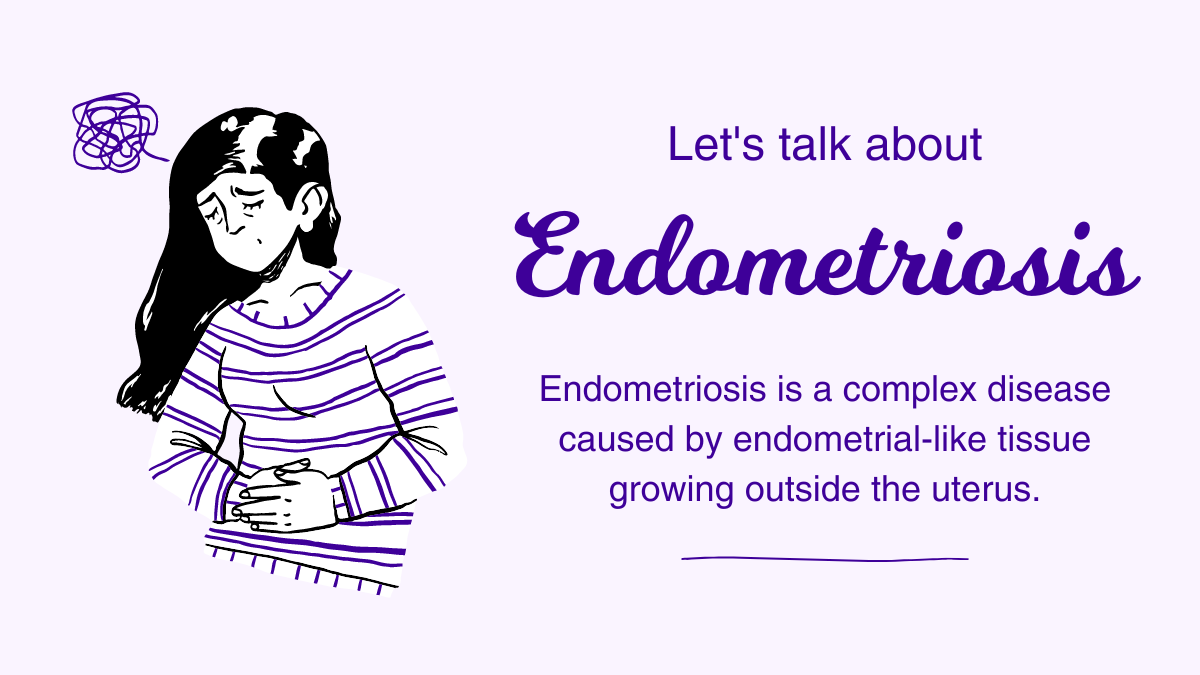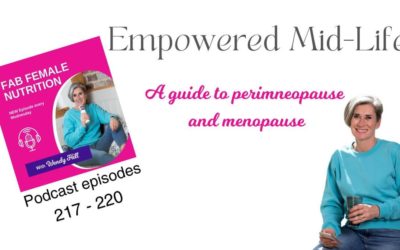Did you know that Endometriosis is as common as diabetes? A shocking 1.5 million women have the condition, that’s 1 in ten yet it often remains under-diagnosed and misunderstood.
Yet how often do you hear it being discussed, either in the press or amongst friends? In this blog we will explain more about the condition, and ways to help you manage symptoms. The hope is that with more knowledge, more women can get the help they need.
Whatever your age, you do not need to suffer painful periods. Let’s open up the conversation and support each other.
What is endometriosis?
Endometriosis is defined as the presence of endometrial-like cells outside the uterus. This means that tissue similar to the lining of the uterus grows outside the uterus. These tissues behave in the same way as the uterus tissues, so they shed each month, however they do not have an escape route like the uterus which can lead to pain and fertility issues.
Endometriosis can occur at any age, with increasing risk as you go through your reproductive years and that usually lowers after menopause. This is because the growth of the endometrial cells are highly dependent on the hormone oestrogen. As oestrogen levels drop after menopause so does the condition.
Endometriosis symptoms
Research by Endometriosis UK into the condition shows that it can take 8 years to get a diagnosis. And, even after diagnosis treatment is often a combination of anti-inflammatory (NSAIDS) for pain management, taking the oral contraceptive pill to help balance hormones, or in some cases laparoscopy.
Common symptoms are:
? extremely painful periods
? deep pain during sex
? chronic pelvic pain
? painful bowel movements,
? painful urination and blood in urine
? chronic fatigue
? longer periods
? depression
? infertility
If you are suffering from any of the above, especially if they flare with your cycle, you should talk to your health practitioner to get a diagnosis.
It is possible to treat endometriosis through hormone therapy. As the condition is oestrogen led, increasing levels of progesterone can prevent the growth of the endometrium. This is often done in the form of the progestogen-only contraceptive pill, injection or implant. However, progestogen-only treatment often results in side effects, such as abdominal bloating, acne, nausea and irregular vaginal bleeding, especially when starting treatment.
Endometriosis and HRT
The use of HRT alone might not be recommended for individuals with endometriosis, as it can potentially stimulate the growth of endometrial tissue and worsen symptoms. In my practise I have seen a rise in older clients, as they have been given hormone replacement therapy without realising that they were suffering from the condition.
If you have endometriosis or are considering HRT, it’s crucial to have a thorough discussion with a knowledgeable healthcare provider who can assess your individual situation, provide personalised recommendations, and weigh the potential benefits and risks of different treatment options.
What are the natural options for Endometriosis?
There is a lot that we can do with lifestyle medicine to support endometriosis symptoms, natural ways to support this condition include:
✅ liver support to encourage the healthy clearance of hormones
✅ Vitamin B6 for healthy hormones and energy
✅ regular exercise to encourage detoxification and improvement of mood
✅ increasing iron intake
✅ increasing antioxidants to reduce inflammation
✅ testing to ascertain hormone levels and cycle
This can be done through a combination of lifestyle changes, dietary changes and specific supplements and herbs.
If you have a diagnosis of endometriosis or feel that you might have the conditions, and would like to support your body naturally then please reach out and book a consultation.
You can find out more about my services here or book a free knowledge call where I can answer any questions you may have.




